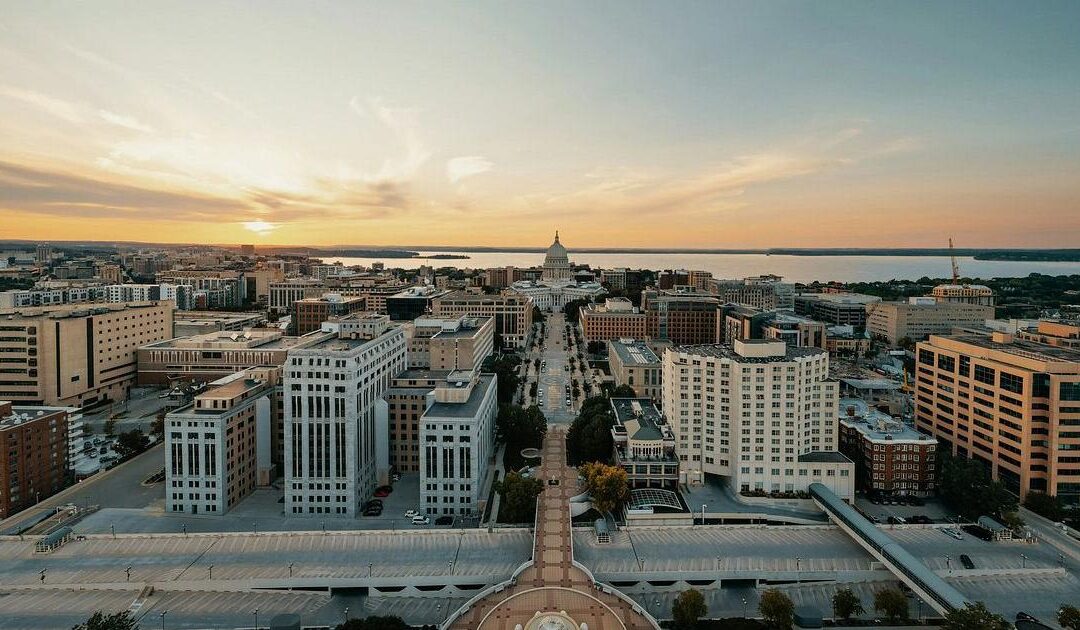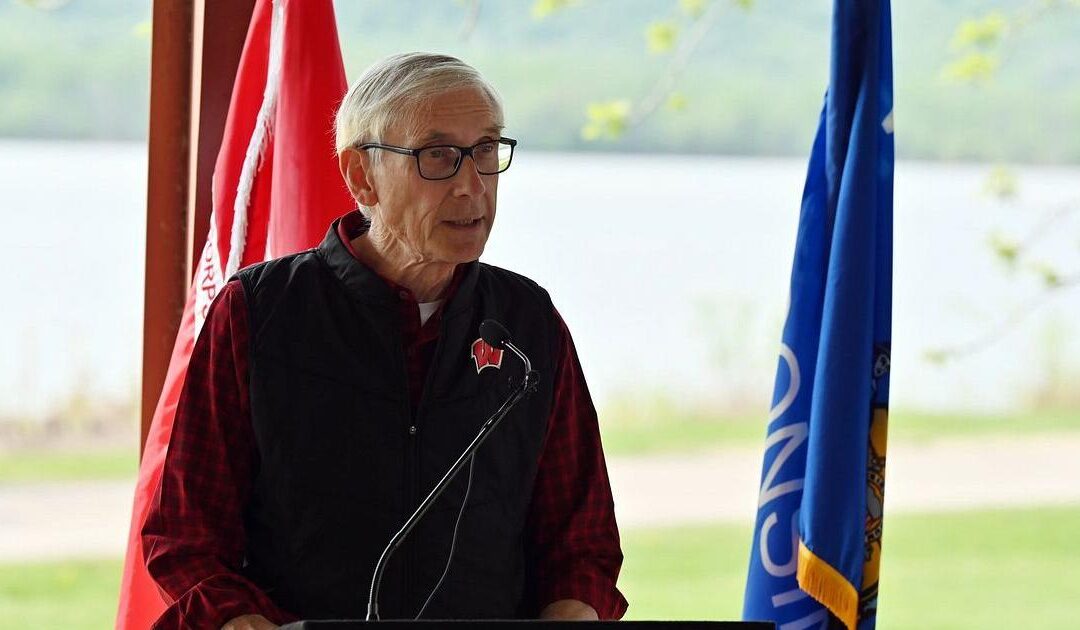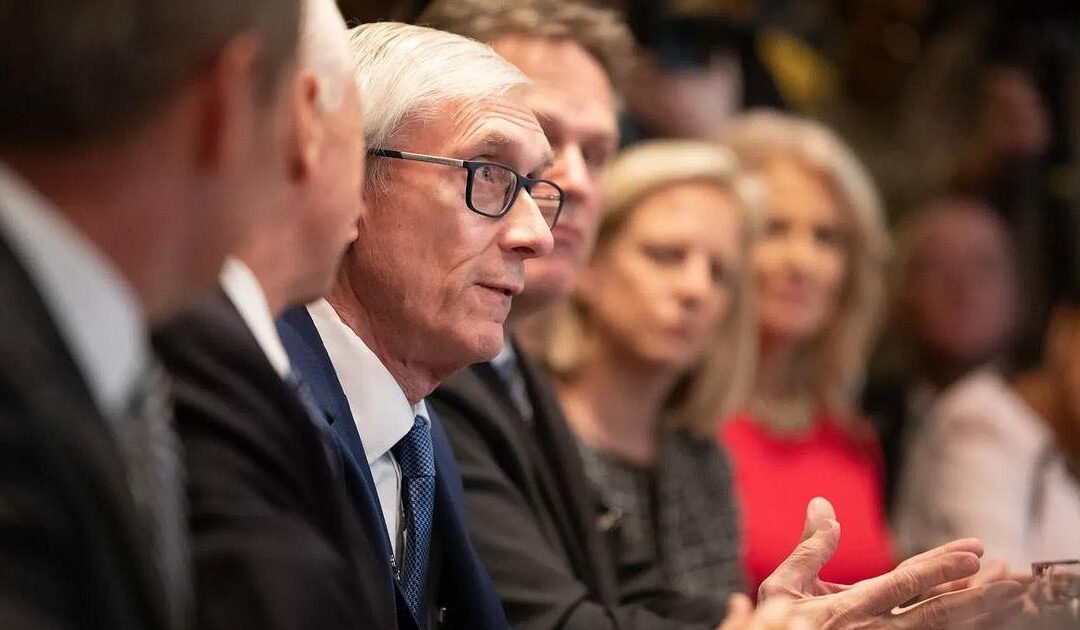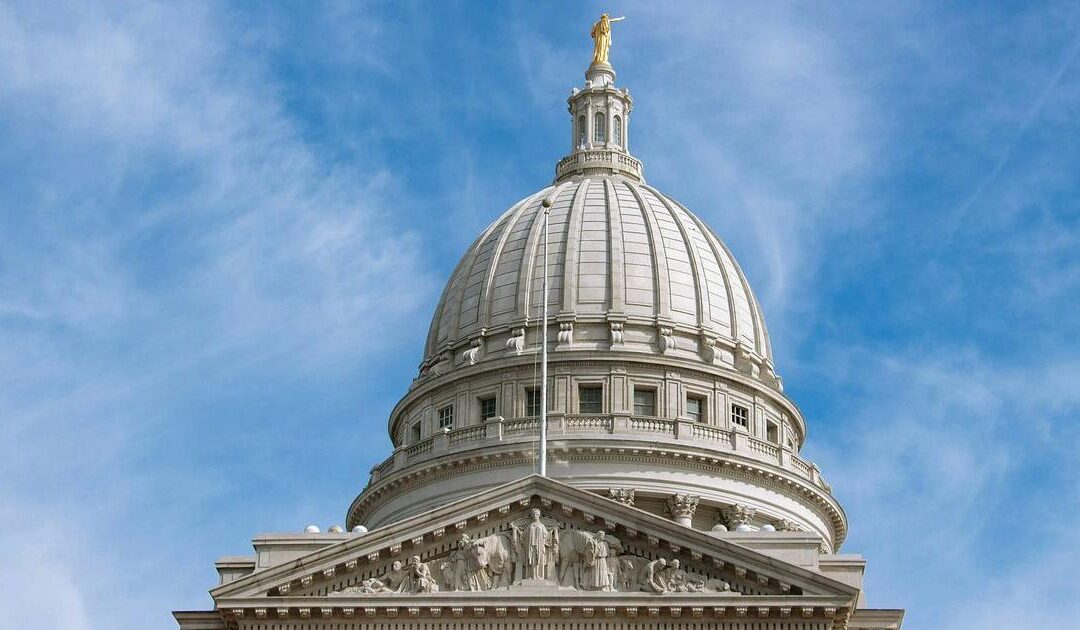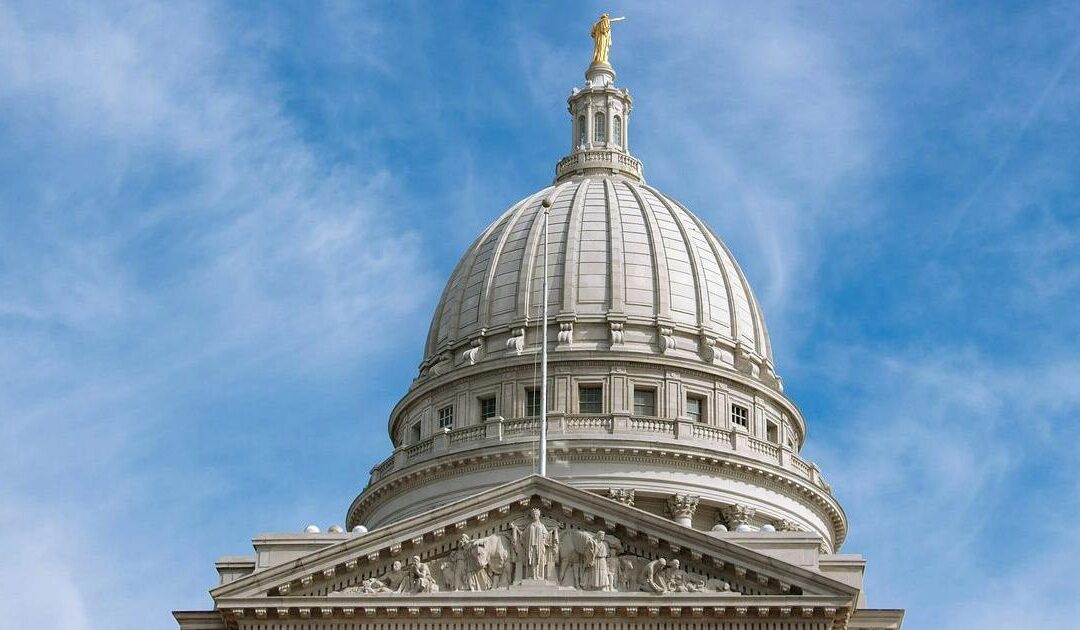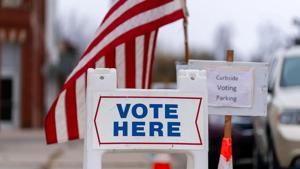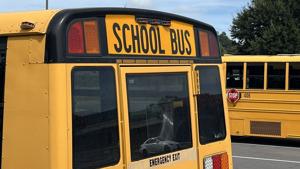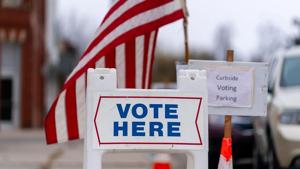(The Center Square) – Medical training using live animals would be prohibited if human-relevant or non-animal methods are available instead, a new proposal in Wisconsin says.
The Senate and Assembly versions of the bill are sponsored by Sen. Rachael Cabral-Guevara, R-Fox Crossing, and Rep. Nate Gustafson, R-Fox Crossing.
“No doctor needs to kill an animal to save a patient,” Eric Singer, an Ohio-based pediatric emergency medicine physician who completed medical school at the University of Wisconsin, said in a statement from the advocacy group Physicians Committee for Responsible Medicine. “This bill would ensure that Wisconsin health care providers receive 21st century training.”
The group said that the bills were created in response to concerns over the use of pigs in a surgery program at the Medical College of Wisconsin.
The group said that programs at the University of Wisconsin, Gundersen Lutheran Medical Center in La Crosse, the Mayo Clinic, Northwestern University, and others are general surgery residency programs that teach with only cadavers or advanced simulators modeled on human anatomy and physiology.
Overall, 80% of those programs in the U.S. and Canada do not use live animals.
“We are grateful to Sen. Cabral-Guevara and Rep. Gustafson for leading this important legislation that will maintain MCW’s position as a leader in best educational practices,” said John Pippin, director of academic affairs for the Physicians Committee.
The group said the U.S. Army, U.S. Air Force, Johns Hopkins University, and others have shown that using live animals is not necessary. A 2020 U.S. military study showed using a Human Worn Surgical Simulator improved how quickly trainees resuscitate a wounded patient by 10 minutes and reduced medical errors.
